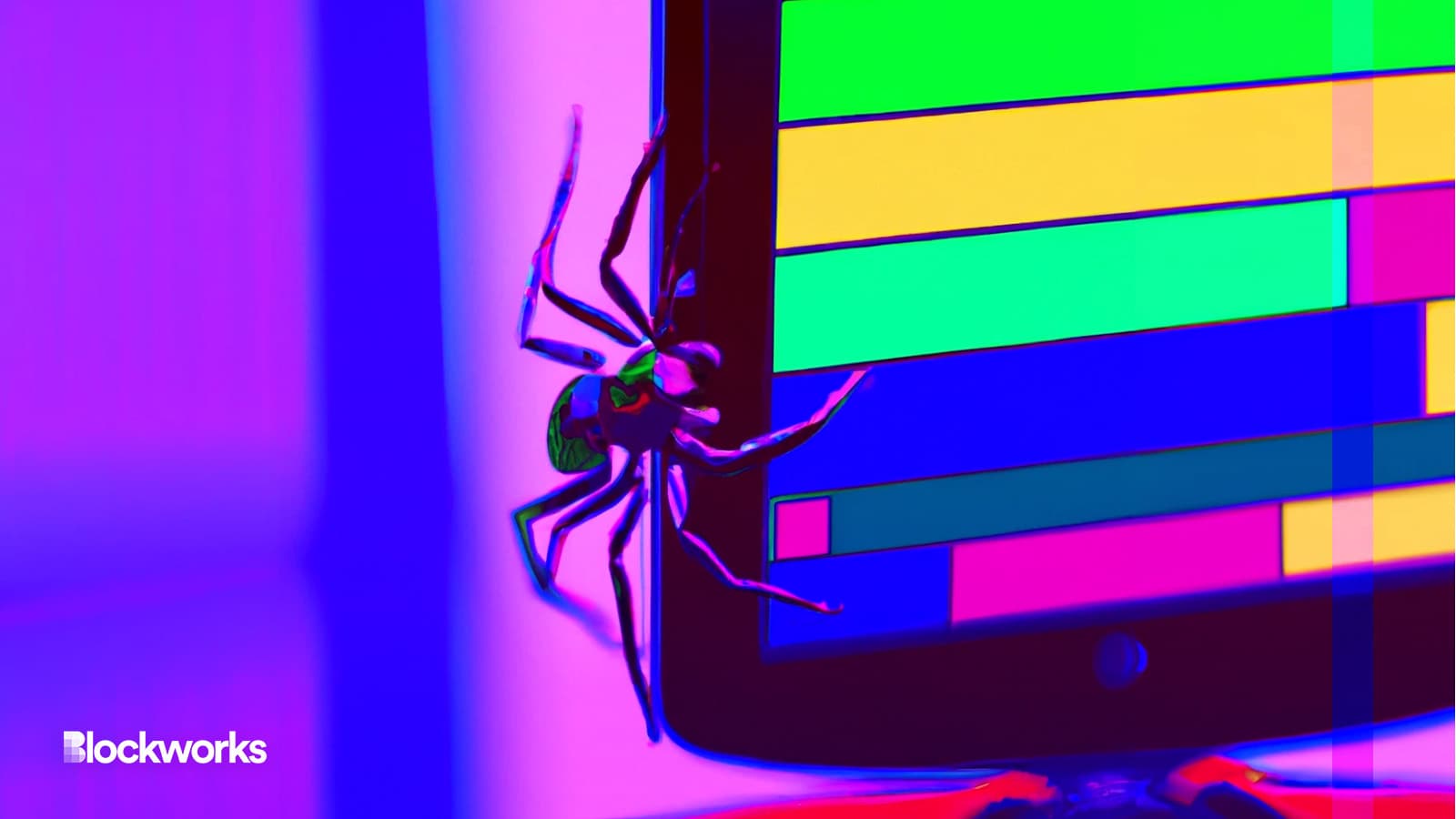Bitcoin Ransoms Aren’t Dead: EV Maker NIO Refuses To Pay Up
Hackers are selling sensitive NIO customer data online after the EV maker staunchly denied paying a bitcoin ransom worth millions

DALL-E modified by Blockworks
Bitcoin-hungry hackers have unsuccessfully held Chinese electric vehicle maker NIO to ransom and are now selling sensitive customer data online for crypto.
Earlier this month, hackers emailed NIO demanding $2.25 million in bitcoin or else they’d release data stolen sometime last year, according to Bloomberg.
An internal investigation reportedly revealed some NIO customer and user data had been compromised.
But NIO refused to pay. “On Dec. 20, 2022, [NIO] was made aware that certain information of users and vehicle sales in China before Aug. 2021 were sold on the internet by third parties for illegal purposes.”
“NIO has issued a public statement in China related to the incident, including providing a dedicated hotline and an email address to respond to users’ queries regarding the data leakage,” the firm said in a statement.
The Shanghai-headquartered stock, valued at $19 billion, slumped nearly 5% during pre-market trade but has since bounced back, up more than 3% as of 10:15 am, ET. NIO stock is down 66% year to date.
No word yet on how many customers are affected by the leak. NIO said it deeply regrets the incident and is working with government authorities to investigate and contain potential damages.
Incidents like these aren’t exactly rare, but high-profile ransom incidents usually involve the aptly-named ransomware.
In these cases, bad actors smuggle malware onto critical internal systems which encrypts company data and shuts down operations. Victims can only unlock their data to regain system control once a crypto ransom is paid in exchange for a decryption key, usually in bitcoin or sometimes monero.
Ransomware hackers hit a string of prominent companies and operations throughout last year’s bull market, when bitcoin was worth as much as $69,000. Financial services giant Accenture, electronics manufacturer Acer and major US gas operator Colonial Pipeline were all hit, among others, leading to White House pledges to tackle the incidents.
In NIO’s case, no ransomware has been disclosed, only details of a bitcoin ransom. Still, it rings similar to an incident with Apple.
Hackers last April tried to shakedown Apple for $50 million by threatening to publish proprietary blueprints stolen from supplier Quanta Computer, itself hit by ransomware demanding monero.
Get the news in your inbox. Explore Blockworks newsletters:
- The Breakdown: Decoding crypto and the markets. Daily.
- 0xResearch: Alpha in your inbox. Think like an analyst.






